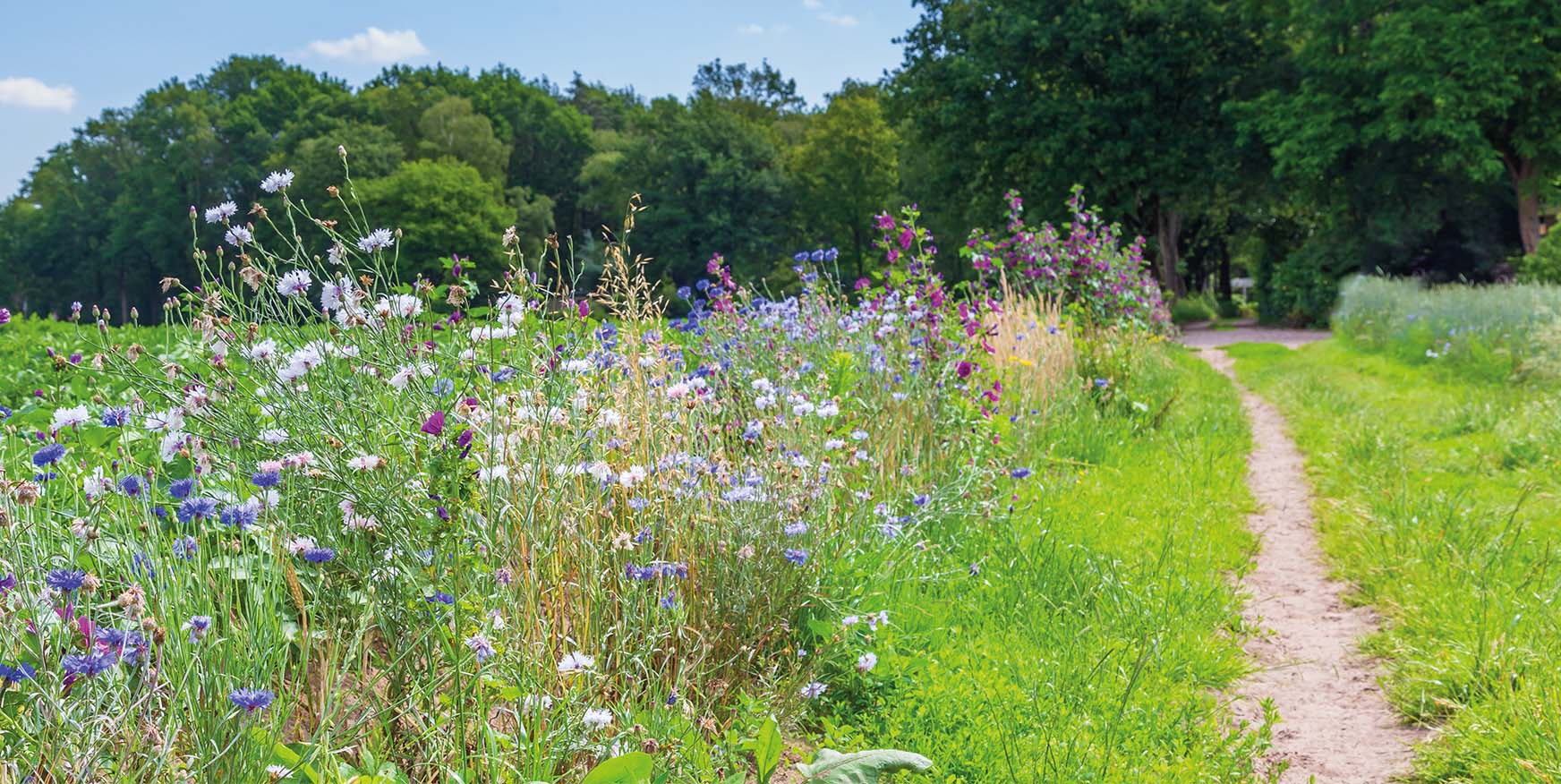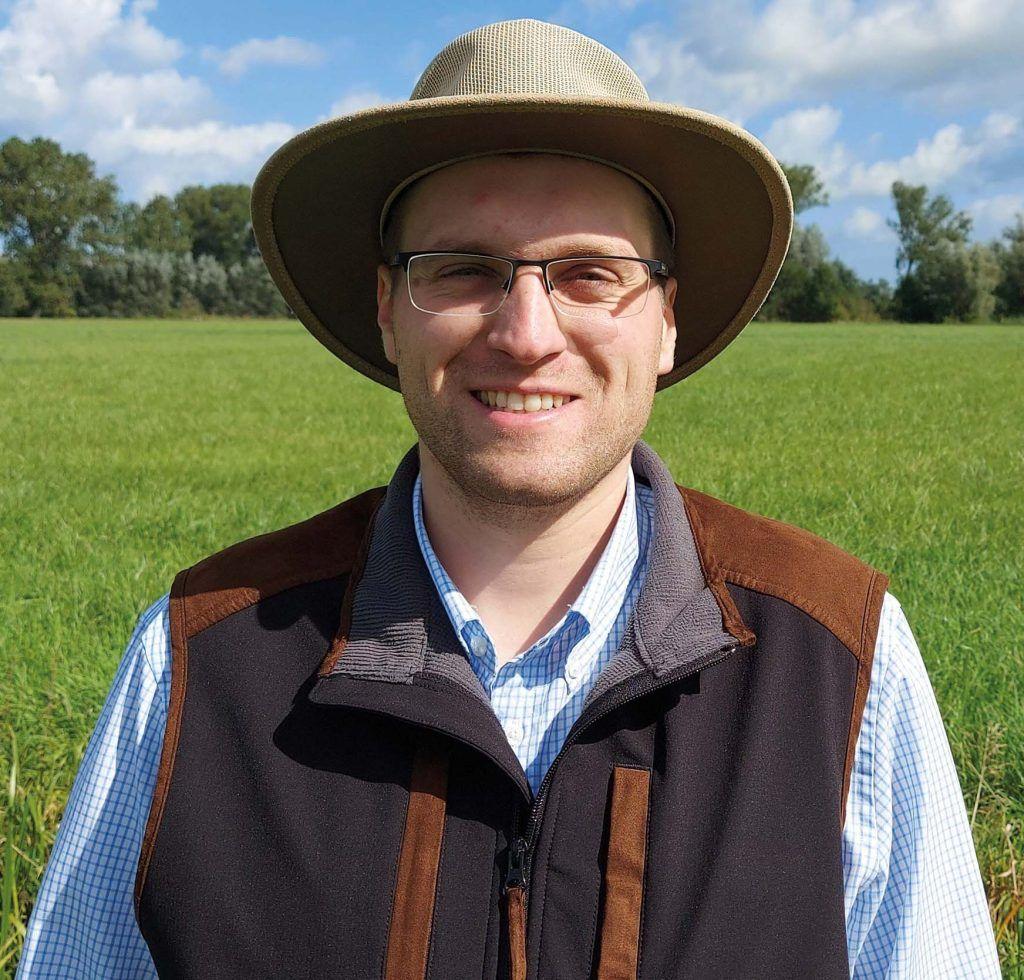Regenerative agriculture: The future of farming

Mateusz Ciasnocha of European Carbon Farmers outlines a type of agriculture that works with ecosystems, not against them
While agriculture still remains crucial to economic growth today, it is also one of the world’s largest polluters. Farmers are also among those that are dealing with the greatest consequences of climate change. Mitigation and adaption in this sector is therefore a major part of the solution to the climate crisis.
Agriculture, forestry, and land use change are responsible for about 25% of greenhouse gas (GHG) emissions. However, according to the Food and Agriculture Organization of the United Nations (FAO), agriculture has maintained a 4% share of gross domestic profit (GDP) since 2000, and therefore cannot simply just be removed to tackle climate change.
While farming has always been a way to make money, we have begun to possess a much greater understanding of how the ecosystems work and what our impact is on them. Recent generations of farmers are trying to reconnect with nature, whilst benefiting from all the progress that has been made to date.
For that reason, I have been on a mission to place farmers at the centre of climate change mitigation and adaptation efforts in a profitable way, and through this, unleash farmers’ critical role in achieving net-zero by 2050 while regenerating the economy.
The challenge is now how to meet the UN’s sustainable development goals, and how to reach net zero by 2050, and at the very latest reduce 45% of emissions by 2030.
I would say agriculture is one of the most emitting, rather than polluting industries, as the greenhouse gases are cycled and the agricultural emissions contribute to this cycle. There are process emissions that will always remain in the sector, but we need to learn how to manage these systems by deciding whether to avoid, reduce or withdraw them.
Reestablishing connections
As a founder of the European Carbon Farmers – a business looking to promote carbon farming by helping farmers understand the mechanisms around it and working towards the transformation of agricultural policy – my aim is to promote regenerative agriculture, developing and helping to shape climate finance. The overall objective of carbon farming is to increase the amount of carbon dioxide stored in the soil and thereby reduce its presence in the atmosphere.
It is important to know that farmers have been adapting and mitigating the effects of climate change for years. They are at the forefront of climate change mitigation and adaptation efforts.
Regenerative agriculture is a system in which farmers understand that they are embedded in an ecosystem and at the very least they maintain that level of ecosystem services and natural cycles. These practices are as old as civilisation. Ecosystems have always existed – we only decoded their ways. We kind of lost the connection with those practices, but we are now returning to them once again, using knowledge and experience.
About the author

Mateusz Ciasnocha is an ESCP Business School MSc in Energy Management graduate, third generation regenerative farmer and a founder of the European Carbon Farmers. Mateusz has also been actively involved in the work of the UNFCCC’s COP26 – Climate Champions and its Race to Zero campaign.

